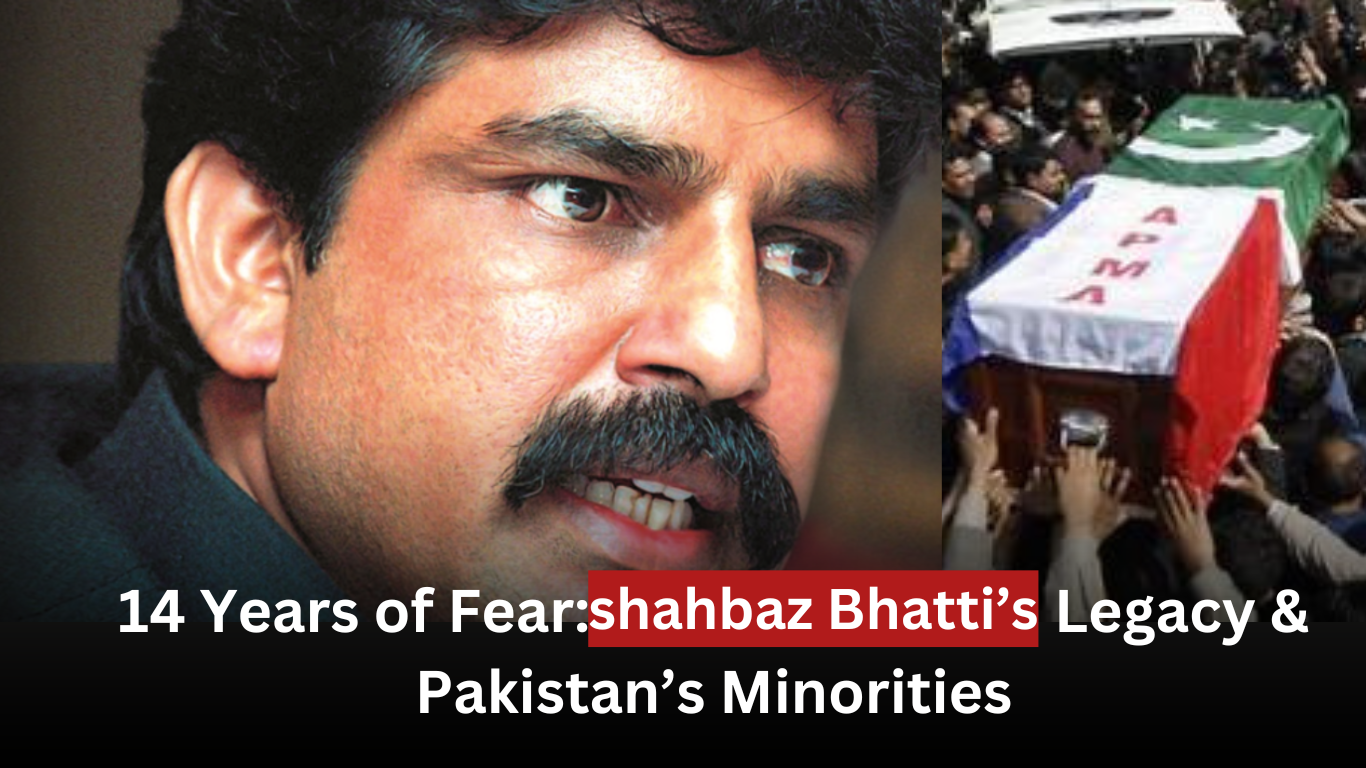14 Years After Shahbaz Bhatti’s Assassination, Pakistan’s Minorities Still Face Persecution

Fourteen years have passed since the assassination of Shahbaz Bhatti, Pakistan’s first Christian Federal Minister for Minorities Affairs, yet the struggles of religious minorities in the country persist. Bhatti, a fierce advocate for minority rights and an outspoken critic of Pakistan’s controversial blasphemy laws, was shot dead in Islamabad on March 2, 2011, by members of the Pakistani Taliban. His assassination, following the killing of Punjab Governor Salman Taseer just weeks earlier, sent shockwaves through the nation, reinforcing the dangers of speaking against religious extremism.
Despite the passage of time, little has improved for religious minorities in Pakistan. The country’s strict blasphemy laws, particularly Section 295C of the Penal Code, continue to be used to target minorities and settle personal scores. According to the Centre for Social Justice (CSJ), the year 2020 saw the highest number of blasphemy accusations ever recorded, with 200 formal cases filed. Between 1987 and 2020, at least 1,855 individuals were accused, with a disproportionate number belonging to religious minority groups.
While Pakistan has never officially executed anyone under blasphemy laws, vigilante justice remains a grave concern. Since 1994, at least 81 people accused of blasphemy have been killed by mobs or extremists, leaving a climate of fear and insecurity for minorities. Those who dare to challenge these laws or advocate for change, as Bhatti once did, continue to risk their lives.
Bhatti, who founded the All Pakistan Minorities Alliance, dedicated his life to advocating for religious tolerance, equality, and justice. His assassination remains a tragic reminder of the hostility faced by minorities in Pakistan. His vision of peaceful coexistence remains largely unfulfilled as incidents of religious intolerance continue to rise.
As Pakistan marks 14 years since Bhatti’s murder, the pressing question remains: how long will minorities continue to live in fear? Without significant legal reforms and a shift in societal attitudes, the dream of equal rights and safety for Pakistan’s religious minorities may remain elusive.









